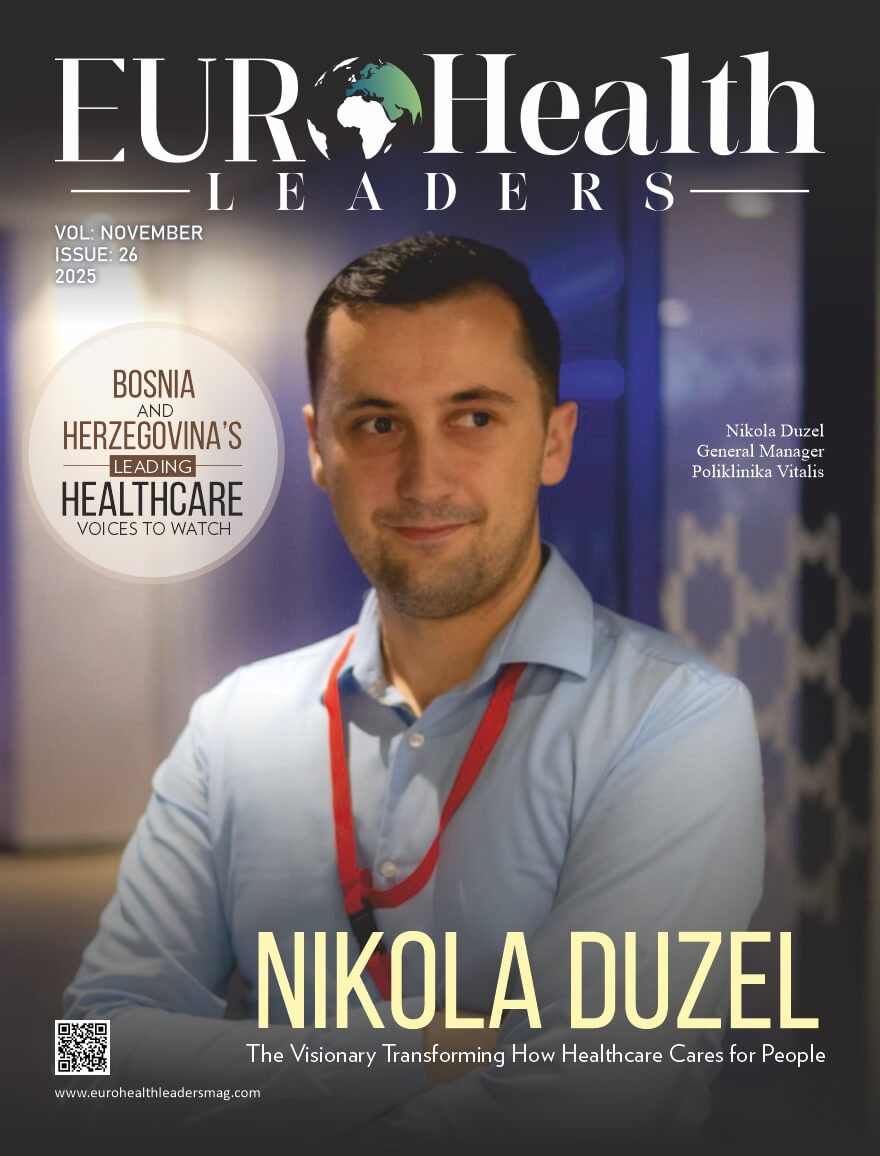Prime Highlights:
- European researchers have developed a tool that can predict if a person may develop over 1,000 health conditions, including serious diseases like diabetes, certain cancers, and heart attacks, up to ten years before diagnosis.
- The tool could help doctors identify high-risk patients early, allowing preventive steps to improve long-term health.
Key Facts:
- The tool was trained using health data from 400,000 people in the UK and tested with records from 1.9 million people in Denmark.
- It works best for conditions with clear progression patterns, such as diabetes, heart attacks, some cancers, and septicaemia, but is less accurate for mental health issues, infections, and pregnancy-related complications.
Key Background:
European researchers have made a new tool that can predict if someone might get over 1,000 health problems, including serious ones like diabetes, some cancers, and heart attacks, up to ten years before they appear.
The study, published in Nature, shows how scientists are using advanced methods to understand how diseases develop. The tool was developed by researchers from the German Cancer Research Centre (DKFZ), the European Molecular Biology Laboratory (EMBL), and the University of Copenhagen.
“This marks the beginning of a new approach to understanding human health and how diseases evolve,” said Moritz Gerstung, head of the AI in oncology team at DKFZ.
The tool was created using health data from 400,000 people in the UK and tested with records from 1.9 million people in Denmark. It examines the medical history of a person, previous diseases, as well as his/her habits such as smoking, in order to identify trends that may cause severe health issues. Its accuracy will be dependent on the sequence of events and the duration during which the events occur.
The tool works best for conditions that develop in a clear pattern, such as diabetes, heart attacks, some cancers, and septicaemia. It gives more accurate predictions in the near future than far ahead. It is less reliable for harder-to-predict conditions, like mental health issues, infections, and pregnancy-related complications.
Ewan Birney, interim head of EMBL, described the tool as a major step toward more personalized and preventive healthcare. “It shows that long-term health patterns can be identified and used to provide meaningful insights into disease risks,” he said.
The model is not ready for everyday use in clinics yet, but it helps researchers understand how diseases develop and how lifestyle affects health. Because it uses mainly European data, there is a need to conduct more studies to ensure it is applicable to other populations.
In the future, doctors could use it to find people at high risk early and help prevent illness.









